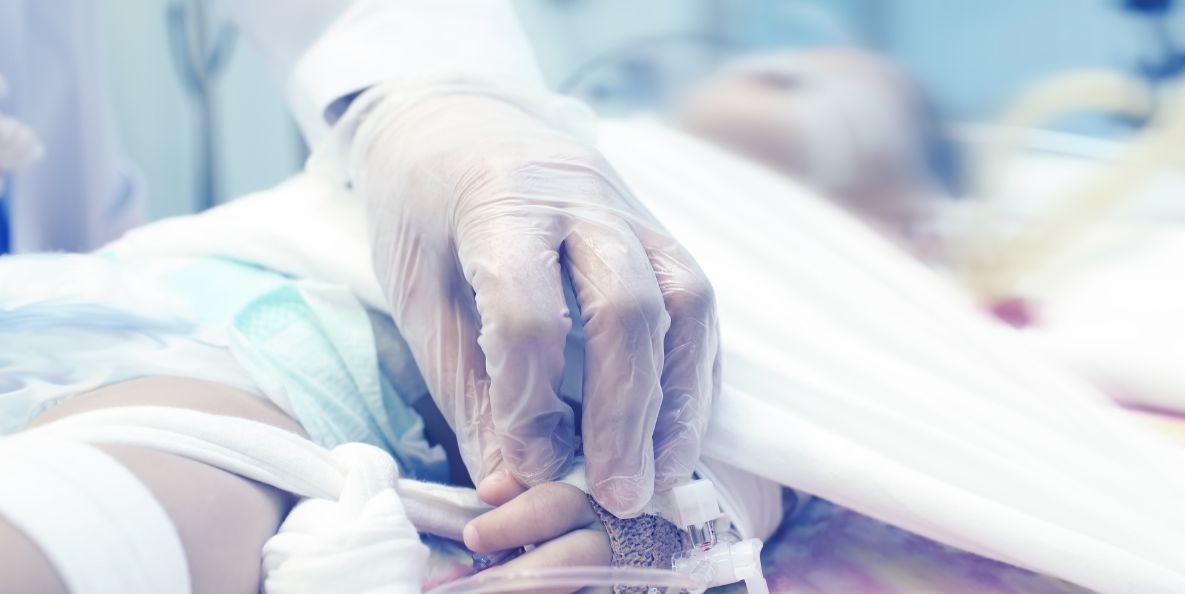Categories
PICU - A glimpse into its role and functioning
Nov 28, 2022
When your kids are in a hospital, it can take a toll on your mental health, especially if they are in the Pediatric Intensive Care Unit (PICU). To help prepare you better, it is important that you have an understanding of PICU - It’s role and functioning.
PICU is a section of the hospital for providing the highest level of medical care to sick children. It is different from the general medical floors of the hospital as it offers intensive nursing care as well as continuous monitoring of vital signs like breathing, heart rate, and blood pressure. In PICU, medical staff can also provide intensive therapies including ventilators that require close medical provision.
Who is admitted to the PICU?
Any child who is ill and needs intensive care goes to the PICU when the main medical floors can meet those medical needs. The most common conditions for PICU are severe breathing issues from asthma, some complications of diabetes, certain heart conditions, serious infections, or serious accidents.
In some cases, kids are admitted into the medical-surgical rooms as they are stable but might get transferred to the PICU if their condition gets worse. Many children who undergo major surgery have to stay in PICU for as long as they don’t get stable. The length of stay will depend on the kid’s condition. Some have to stay for just a day while others stay for weeks or months. If you have any questions, you can always ask the doctor or nurse to attend to your child.
Who will take care of your child in the PICU?
The nurses working in the PICU have several years of experience taking care of sick children. They will be involved with the daily care of your child. In most hospitals, the PICU has a high nurse-to-patient ratio. So, you can rest assured knowing that your child is properly taken care of.
The PICU team might also include residents and fellows along with subspecialists like neurosurgeons, cardiologists, respiratory therapists, physical therapists, nutritionists, occupational therapists, and pharmacists. There are also social workers available to help the families through the emotional stress of having a child in PICU. The medical team will be discussing your child’s case every day through regular rounds.
What to expect in the PICU?
Seeing all those medical equipment attached to your kid is probably the most alarming aspect of PICU. Here are a few of these equipments that you should know about:
IVs - Almost every kid in the PICU will have an IV or Intravenous Catheter in their arms, hands, feet or legs for medications and fluids. It is a thin and flexible tube that is inserted into veins using a small needle. In some situations, larger IVs might be required for delivering greater volumes of medicines and fluids. These are called central lines as they are inserted into the central veins of the neck, chest, or groin. The common medications that are used to administer using IV are dopamine, morphine, and epinephrine for helping with blood pressure, pain relief, and heart function.
Monitors - Your child will have monitors secured to their body using chest leads. These are used for curing the breathing rate and heart rate of the child. Some kids are also connected to the pulse oximetry machine for checking the blood oxygen levels.
Tests - The doctors will order several tests for getting more information like urine tests and blood tests. In some cases, they will test Cerebrospinal Fluid (CSF) surrounding the spinal cord and brain. X-dar, Computed Tomography, ultrasound, and Magnetic Resonance Imaging might also be taken.
Ventilators - Your child might need some extra help for breathing. This can include giving extra oxygen through tubing in the nose or a face mask. However, sometimes your child might be connected to a ventilator using an endotracheal tube or a tracheostomy.
When your child is in PICU, it can be emotionally daunting. You must take proper care of yourself as well. PICU can be considered as a healing cocoon. However, you should do your research before selecting the right hospital for your child.







